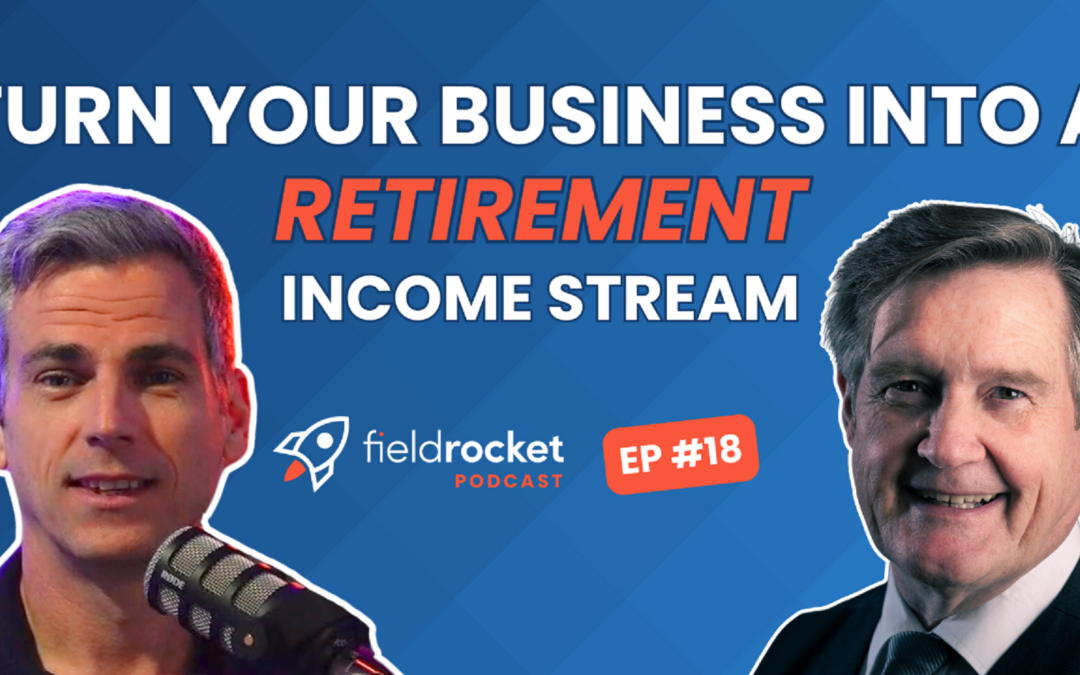Overview
Selling your business could be the best decision you ever make. In this week’s episode, host Tulloch Priest sits down with Doug D’Aubrey, founder of Executive Training and Consultancy Ltd., to dive into the ins and outs of selling a business.
Listen to the episode:
Highlights
On selling a business: What’s valuable and what needs to be considered”?
- You don’t sell a business on a whim – it involves a bit of preparation. Who are you going to sell it to? Are you selling your business or your customer base? Can it operate without you? (1:15)
- Ongoing customers (or repeat business) are crucial for selling a business. (2:45)
- Buyers will be looking at the client list, your market visibility, and your credibility. (11:23)
- There is always value in a business, even if it’s just your order list. To just shut it down without considering it is a waste. (13:44)
Why do tradespeople not sell?
- Some people don’t think their business is worth anything (which isn’t true), others think that selling is a lot of effort and will cost more than it’s worth. There’s also a lack of resources out there to help trades business owners learn how to sell. (3:36)
- Some people are also hesitant because they’ve got loyal customers they want to look after even after the business is sold. They’re not sure who to turn to and don’t want to sell it to somebody they don’t know or trust. (5:04)
How to sell your business
- The first step is to get someone to assess the value of your business as it’s hard to determine this yourself. Your accountant is a good place to start and ask this. (7:34)
- Next, you need to look at your finances and what you’re taking out of the business (such as your salary). Put these numbers back in and you can see what the true business profit is. (8:46)
- If your business has been shrinking, you’ll need to do some work to turn it around because a business is only valuable if it’s growing. This is also why you should think about selling far in advance. (10:16)
- If you have employees, you need to be able to show the business can run without you. Going on holiday for a few weeks is a great test for this. (11:40)
- If you’re going to talk to a competitor, make sure you have non-disclosure agreements. (15:12)
Succession planning
- You can also have someone who takes on the business (succession). Check if you have family or a trusted employee who wants to take over the business. The business would then continue to pay you as you haven’t sold anything, it becomes your pension, and your customers can still have you as a contact. (16:22)
- Your business needs to be reasonably stable and profitable to do this so they have a return for their efforts. For this, a business plan and goals are crucial. (18:25)
- If you’re handing over the business, it also needs to generate enough money to pay you when you’re no longer working in it. (22:47)
- One of Doug’s clients wanted to sell/hand over to his son – but his business was his life and hobby. It’s important to make sure you have some other hobby to fill your time. (20:47)


